Gardening could be a hard endeavor to start, especially for beginners. Most people do not understand the intricacies of laying out a proper format for planting their gardens before they start. It can be a fun activity, but is never quite as easy as it seems. Most people beginning gardening to develop a hobby, and end up ruining a perfectly good terrain – there are always rules to be followed, if you want to have an end product that is equally as enticing, as it is functional. In this article, we would be highlighting eleven mistakes that beginners should avoid when you decide to plant your very own garden.
1. Not Weeding The Yard Out
Weeds are a pesky problem, which, if shoots up and is left to fester, could destroy not only the aesthetics, but also the functionality of your garden. The prime time to pick out a weed is when it is too small to have proper roots. Once it grows big, it makes a home in the soil, and that is when it becomes hard to pull it out. The roots of the weed could be harmful for your vegetables and flowering plants, as its roots would steal nutrients from its surrounding plants. So remember to pull out the weeds when they’re small, and barely there.
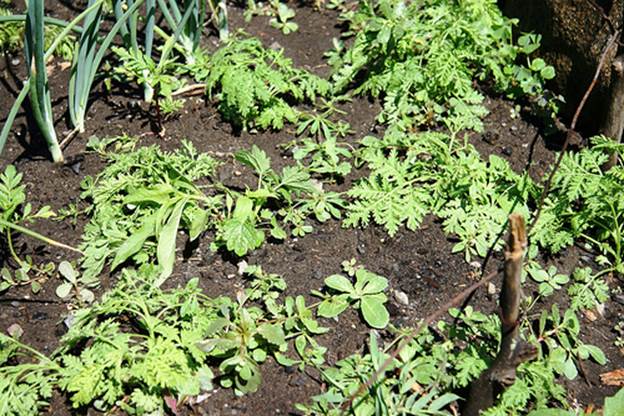
2. Not Being Patient
Most newbies who start out gardening as a hobby lack patience. You have to understand that planting a garden is a process, and that expecting a seed to turn into a sapling overnight is a naive inclination. You have to care for the seeds, water them, expose them to proper lighting, and bury them in a moderate enough soil for them to properly sprout. It is a time taking endeavor, and requires requisite amount of patience.
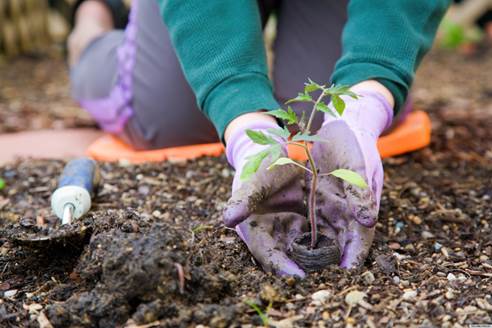
3. Staring With a Big Project
When beginners decide to take on gardening, they either decide to ‘go big, or go home.’ Well, that certainly should not be the case when it comes to planting your own garden. You should be aware, that your specific skill set is quite under par when you start, and expecting to create a garden with the best of all worlds – hardscape, rockery, flowers, etc. – is quite unachievable. So start with a small project, preferably, a vegetable patch, as they are easy to grow, and offer valuable experience for beginners.
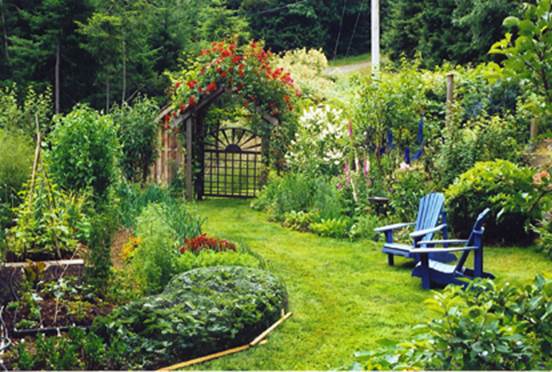
4. Having Huge Expectations
While caring for your very first garden, do not let your hopes and expectations run too high. It is your very first try, and likely, the results would not be up to par with some of the things that you might have imagines. So go easy on yourself, when that potato is too small, or if that ladyfinger is too big, or if that fern never makes it past adolescence. All of those low achieving forays were an experience that you would need to create a better, more beautiful garden.
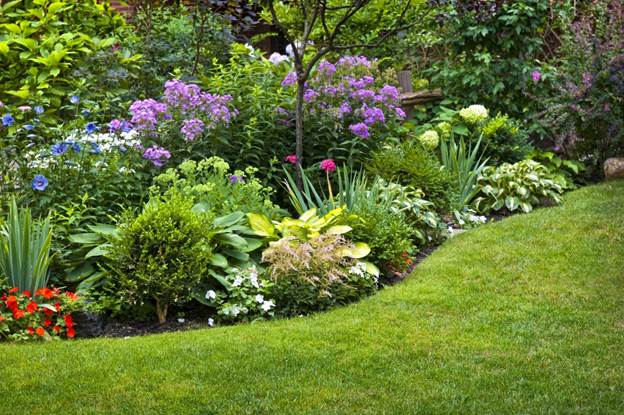
5. Planning Ten Steps Ahead
Most beginners tend to think several steps ahead of the initial game. Planting a garden is all about being kind, and patient, so when you try to be cold, and calculating instead, it tends to take the focus away from the initial caring of the seedlings, and shoots. There is more tendency to slip up, and make an inane mistake that could effectually cost you weeks of hard work – so do not think with your head, and do not let yourself imagine what it would end up like. Instead, focus on taking care of your plants, and taking things one step at a time.
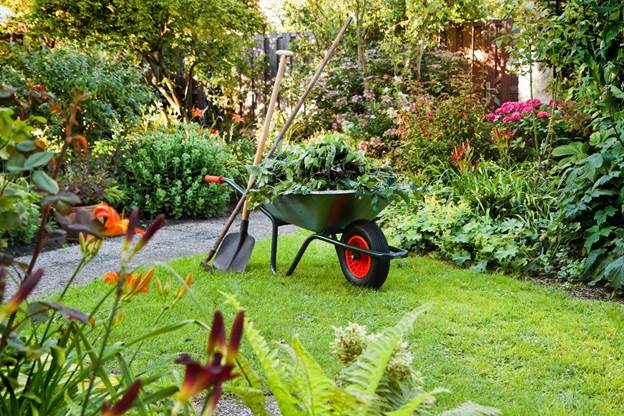
6. Planting Too Closely
Specific instructions are provided on the back of every seed packing about the tentative spacing of one from the next. Most people, especially beginners tend to ignore these instructions because the seeds are too tiny, and the spacing seems relatively large. Know that when the saplings sprout, and start to mature, the roots would start to grow under the soil, and if the spacing is too close, then there would be a lot of competition for nutrients and sunlight. Make sure you follow the requisite instructions when it comes to spacing.
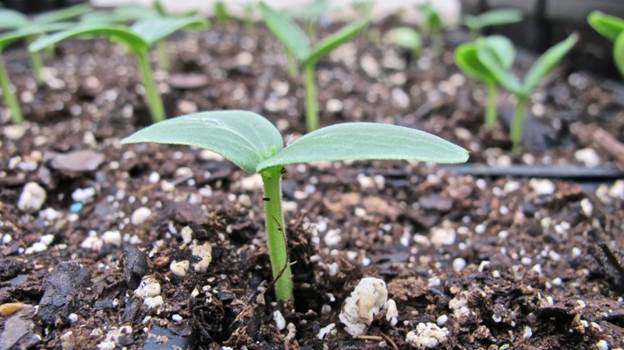
7. Planting The BulbsUpside Down
Garlic, onion, and other bulbs have both, a root end, and a stem end, so when you plant seed for these, you should be aware of which end is which because if you don’t, then the seed would have trouble sprouting properly; not knowing which direction to properly grow in. in most cases, it is easy to tell which end is which, as the top of bulb seed tend to have a pointy edge. So be careful while you plant that vegetable patch.
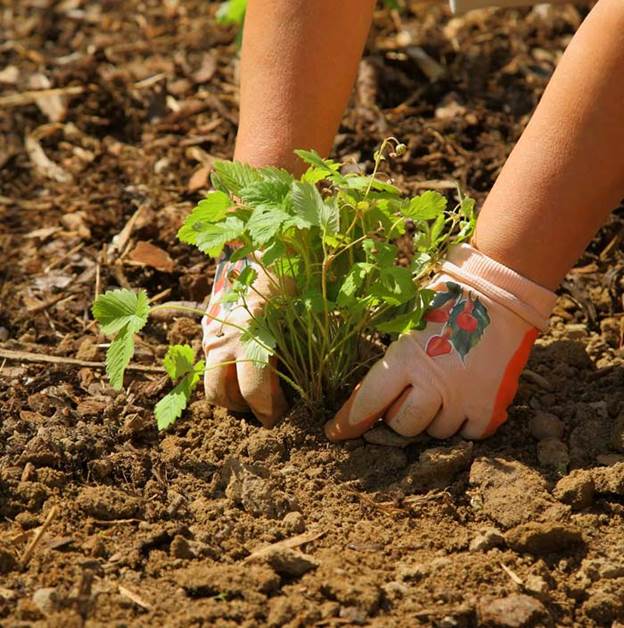
8. Too Much Watering
The right amount of watering is an essential for any successful garden patch. Most beginners do not know the proper soil water ratio when they start planting. Tending with too much water could drown out, or wash away the soil nutrients, and the seed might never come to sprout.
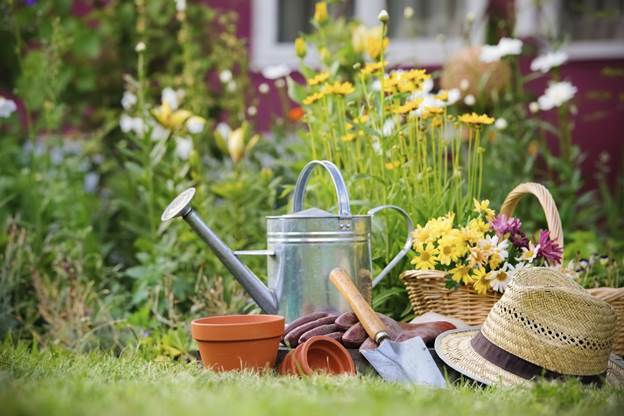
9. Too Much Sunlight
Not all plants are alike in their intake of solar energy. While some plants thrive on the intake of sunlight, others tend to shrivel up and die if exposed to too harsh a glare. So all of you beginners should know what kind of plant it is that you’re trying to raise, and fix it in the appropriate locale of your garden.
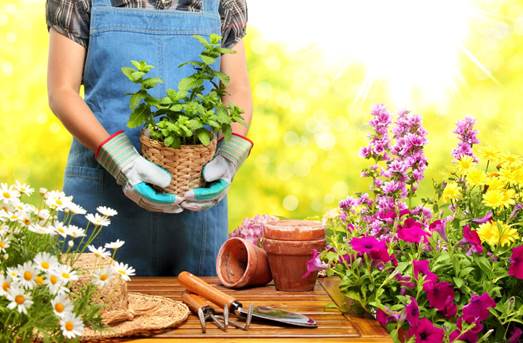
10. No moderation in fertilizing
All plants need a requisite amount of fertilizer for appropriate growth. Nitrogen is a major component in any good fertilizer, and when it is doled out in too much excess, or too little strength, then the plants suffer by either; stunted growth, or no flowering.
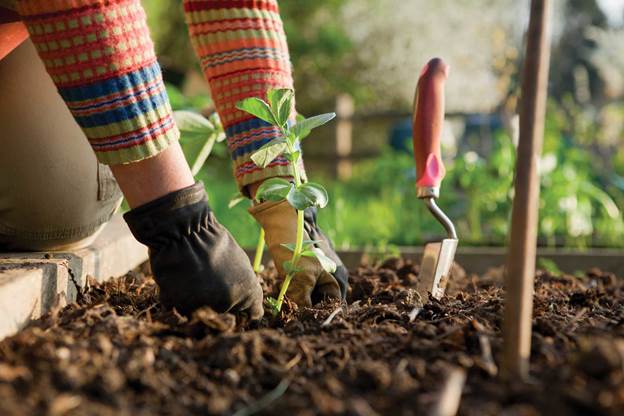
11. Not Knowing The Soil
The soil contains its very own acidic, and alkaline ratios, which, if not properly monitored, could end up stunting the growth of your plants. So make sure to have a sample of your soil tested for its pH from the local nursery, before setting up the seeds.
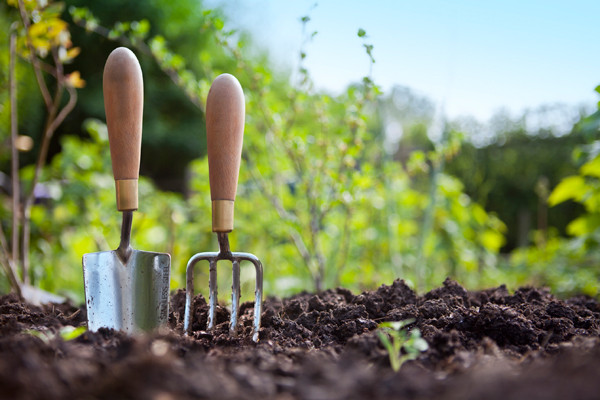
READ ALSO
8 Vegetables That you Can Grow Inside Your Home
Beginners Guide: How To Start Vegetable Garden
11 Beginning Gardening Mistakes To Avoid
11 Best Gardening Tips For Beginners











